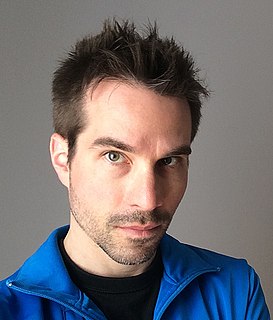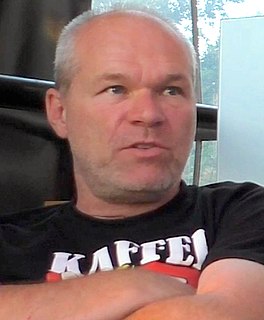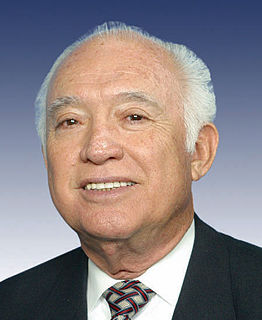A Quote by Martin Villeneuve
When American producers see my film, they think that I had a big budget to do it, like 23 million. But in fact I had 10 percent of that budget. I did 'Mars et Avril' for only 2.3 million.
Related Quotes
When you talk about Social Security, it's not just enough to say, we're looking at you, this really matters. It's the fact that a million Americans think it matters. Oh, wait, it's 2 million Americans think it matters. No, it's 4 million Americans. It's 6 million, wait, it's 10 million, it's 50 million Americans who care about this. That's how we're going to make change.
If we had 3 percent growth, which is what we're trying to get to, what we're at, by the way, right now, we're trying to maintain that 3 percent growth. If we had been at 3 percent growth over the last ten years, the budget very nearly would be balanced in 2017. That's how big a difference it makes when you grow the American economy that additional 1 percent over ten years.
When I said that something was going to cost a certain amount of money, I actually knew what I was talking about. The biggest problem that we were having on the financing front was people with lots of money saying "you need more money to make this film [Moon]," and us saying "no this is the first feature film we want to do it at a budget where we sort of prove ourselves at the starting end of making feature films; we can do this for $5 million." That is where the convincing part between me and Stuart came, we had to convince people with money that we could do it for that budget.




































